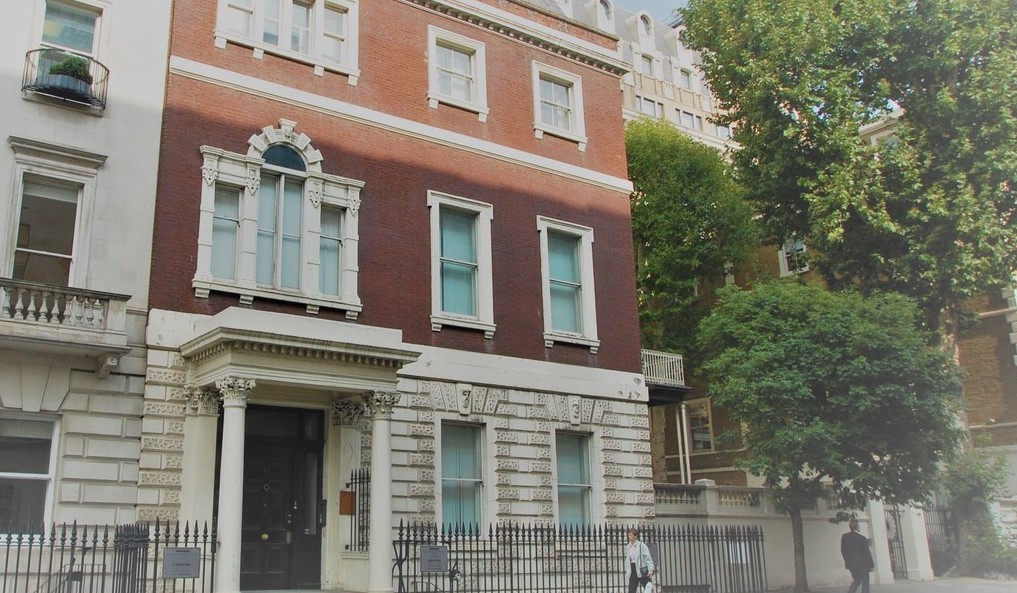Kensington College of Business offers training in business management that is professionally recognised and, more importantly, relevant to the workplace.
Back in 2001, the then prime minister Tony Blair pledged to encourage 50 per cent of young adults to enter university as part of Labour’s election manifesto. By 2017, this pledge was almost realised, with 49pc of people under 30 entering advanced education. However, despite the increase in degree-level study, recent research suggests that many degree courses produce graduates who fail to reach income levels that offset the cost of tuition fees.
While much has changed since the Blair years, what remains the same is the need for university students to gain transferable skills that will enable them to succeed in the workplace. This is essential both for students and for the UK economy, which relies on young adults reaching their full potential.
“The Kensington College of Business (KCB) was founded in 1982”
Where professions such as accountancy and law have long provided standardised training, business management has traditionally lagged behind. In the past, many graduates moving into senior management roles did so with degrees such as history or philosophy, which left them wholly unprepared for their future professional lives.
It was to address this issue that the Kensington College of Business (KCB) was founded in 1982.
As one of the longest established Independent Higher Education Colleges in London, KCB has offered training in business management that is professionally recognised and, more importantly, relevant to the workplace.
Today the college, located in central London, partners with universities and other educational and professional bodies to deliver high-quality educational programmes. In an increasingly globalised world, the college attracts a diverse range of students, including many from abroad. KCB offers a range of study options and courses to suit the varying needs of these students. And with an eye on the future, the college is also developing e-learning platforms that complement their courses and offer greater flexibility of study.
The professional training the college offers enables students to improve their employability and further their careers. It also supplies British industry with highly trained and capable candidates while helping to increase gender equality and diversity in the modern British workplace.
KCB also recognises the need to support the potential of homegrown talent as well as reaching out to international students from outside the EU. For this reason, the college has partnered with the government in Brunei to offer UK-approved degree courses and qualifications to applicants who may not otherwise be able to access study in the UK. The college is also looking to expand its reach by developing a variety of new international study options in partnership with educational institutions around the world with the aim of making KCB a globally recognised name.
By offering e-learning courses and international campuses, KCB is opening itself to a far wider student base than if it were operating solely as a traditional bricks-and-mortar college. In so doing, KCB is helping to fulfil Tony Blair’s ideal of making education more accessible to as many as possible, while also helping to make UK higher education among the most advanced and respected around the globe.
Showcasing British business
Showcasing British business, The Great British Business campaign is giving the country’s most exciting growing businesses a share of the limelight.

